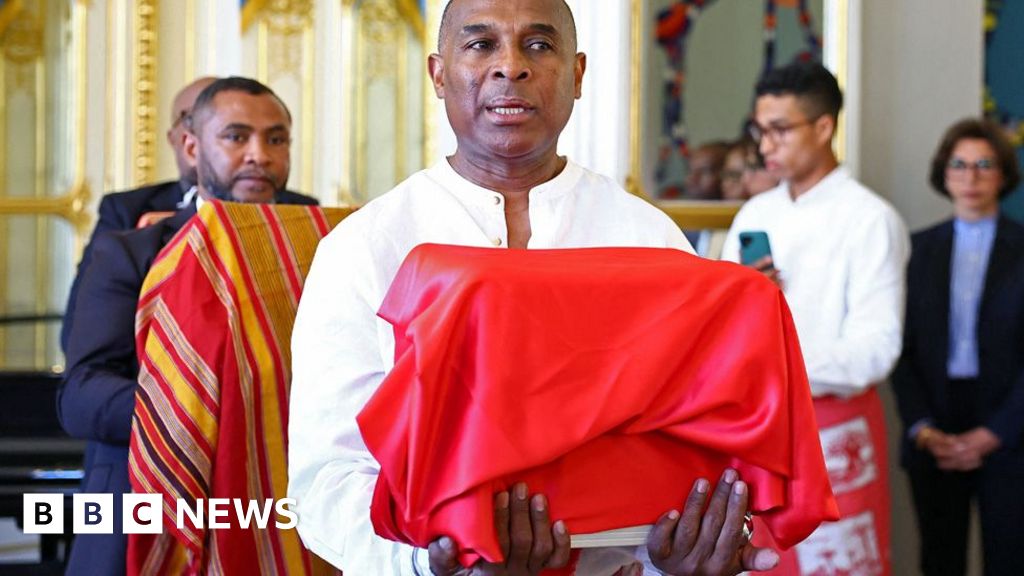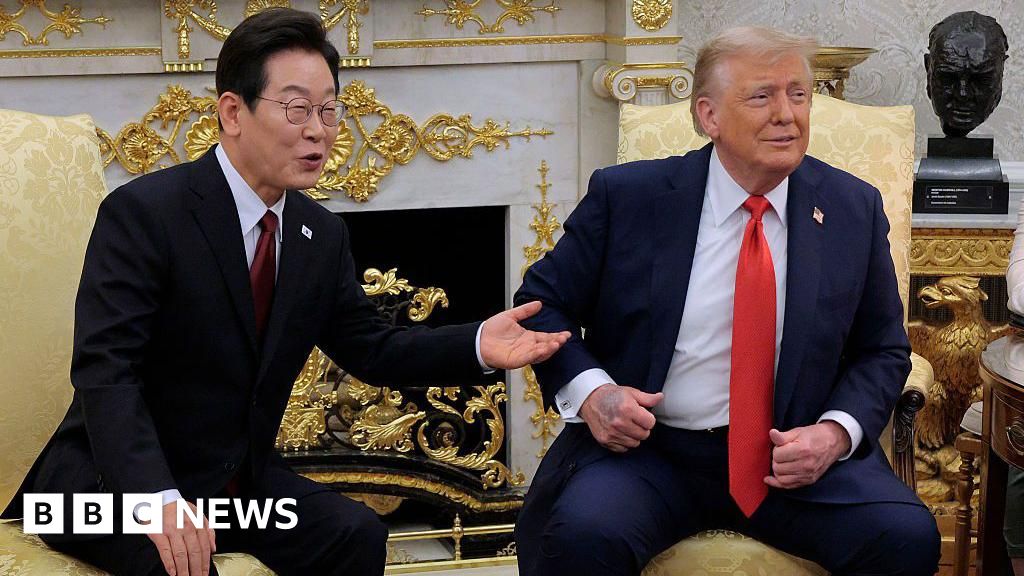Ngũgĩ wa Thiong'o, the revered figure in modern African literature, has passed away at 87, leaving behind a rich tapestry of work that chronicled Kenya's evolution from colonialism to democracy. A crucial voice in the literary world, Ngũgĩ challenged conventions, writing primarily in Kikuyu and advocating for the importance of local languages.
Born James Thiong’o Ngũgĩ in 1938, Ngũgĩ's journey began in Limuru, where he grew up amidst the struggles of a family of agricultural workers. With support from his parents, he attended Alliance High School, a decision that would shape his future to be marked by critical themes of resistance and identity. His insight into the horrors of the Mau Mau uprising, personal losses, and the brutal impact of colonialism resonated throughout his work.
Ngũgĩ's debut novel, Weep Not, Child, published in 1964, placed him firmly on the literary map as the first major English-language novel by an East African author. His follow-up works, A Grain of Wheat and The River Between, solidified his status as an essential voice in African literature. In 1977, he publicly rejected English in favor of writing in his native language, Kikuyu, marking a transformative shift in his career.
His novel Petals of Blood illustrated the disillusionment towards post-colonial leadership in Kenya, while his play, Ngaahika Ndeenda, led to his imprisonment without trial, where he famously wrote his first Kikuyu novel, Devil on the Cross, on toilet paper.
After years in self-imposed exile due to threats on his life, Ngũgĩ returned to Kenya to a hero's welcome, though it was marred by a brutal attack on him and his wife. His academic accomplishments included professorships across prestigious universities, where he continued to advocate for African literature.
Ngũgĩ's health struggles did not dim his spirit; he battled prostate cancer and underwent heart surgery yet remained a vibrant figure in literature until his passing. His contributions have sparked vital discussions about the role of language in identity and power dynamics in Africa. As the literary world mourns the loss of this iconic writer, his legacy will undoubtedly continue to inspire future generations.
Born James Thiong’o Ngũgĩ in 1938, Ngũgĩ's journey began in Limuru, where he grew up amidst the struggles of a family of agricultural workers. With support from his parents, he attended Alliance High School, a decision that would shape his future to be marked by critical themes of resistance and identity. His insight into the horrors of the Mau Mau uprising, personal losses, and the brutal impact of colonialism resonated throughout his work.
Ngũgĩ's debut novel, Weep Not, Child, published in 1964, placed him firmly on the literary map as the first major English-language novel by an East African author. His follow-up works, A Grain of Wheat and The River Between, solidified his status as an essential voice in African literature. In 1977, he publicly rejected English in favor of writing in his native language, Kikuyu, marking a transformative shift in his career.
His novel Petals of Blood illustrated the disillusionment towards post-colonial leadership in Kenya, while his play, Ngaahika Ndeenda, led to his imprisonment without trial, where he famously wrote his first Kikuyu novel, Devil on the Cross, on toilet paper.
After years in self-imposed exile due to threats on his life, Ngũgĩ returned to Kenya to a hero's welcome, though it was marred by a brutal attack on him and his wife. His academic accomplishments included professorships across prestigious universities, where he continued to advocate for African literature.
Ngũgĩ's health struggles did not dim his spirit; he battled prostate cancer and underwent heart surgery yet remained a vibrant figure in literature until his passing. His contributions have sparked vital discussions about the role of language in identity and power dynamics in Africa. As the literary world mourns the loss of this iconic writer, his legacy will undoubtedly continue to inspire future generations.
















